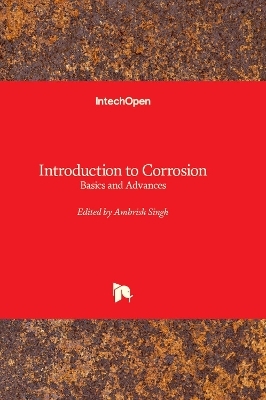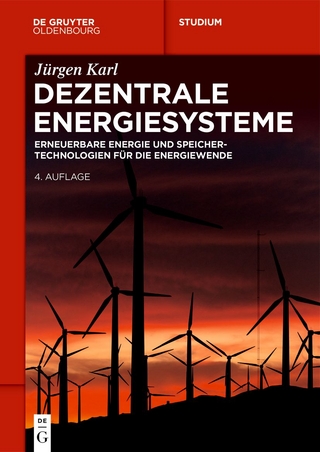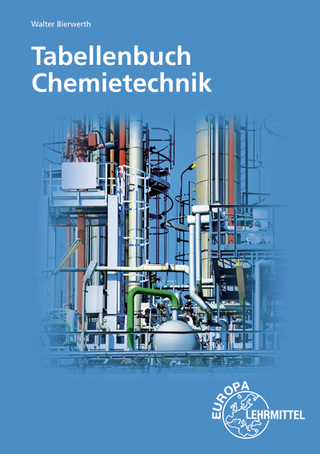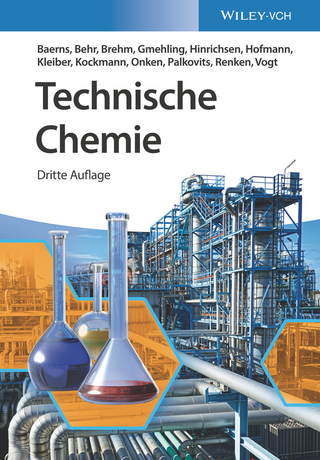
Introduction to Corrosion
Basics and Advances
Seiten
2023
IntechOpen (Verlag)
978-1-83768-667-4 (ISBN)
IntechOpen (Verlag)
978-1-83768-667-4 (ISBN)
Presents research on basic and advanced aspects of corrosion. Corrosion refers to the gradual degradation of materials, occuring in ferrous and non-ferrous metals. Rust, erosion, wear, galling, swelling, cracking, splitting, and decaying are all forms of degradation. A refined metal undergoes natural corrosion, changing it into a more stable oxide.
Corrosion refers to the gradual degradation of materials. It occurs in both ferrous and non-ferrous metals. Rust, erosion, wear, galling, swelling, cracking, splitting, and decaying are known forms of degradation. A refined metal undergoes natural corrosion, which changes it into a more stable oxide. By reacting chemically or electrochemically with their surroundings, materials (often metals) slowly deteriorate. The discipline of corrosion engineering is focused on managing and avoiding corrosion. Some metals develop a natural corrosion resistance property known as passivity. This happens when the metal reacts with the oxygen in the air or corrodes in it. The ultimate result is a thin oxide sheet that prevents the metal from continuing to react. In general, corrosion is a process that turns refined metals into more stable substances like metal oxides, metal sulfides, or metal hydroxides. Similar to this, when iron rusts, oxygen and moisture in the air cause the development of iron oxides. According to the science of corrosion, metals transform into considerably more stable chemical compounds like oxides, sulfides, and hydroxides throughout this spontaneous and irreversible process. The book presents research on the basic and advanced aspects of corrosion.
Corrosion refers to the gradual degradation of materials. It occurs in both ferrous and non-ferrous metals. Rust, erosion, wear, galling, swelling, cracking, splitting, and decaying are known forms of degradation. A refined metal undergoes natural corrosion, which changes it into a more stable oxide. By reacting chemically or electrochemically with their surroundings, materials (often metals) slowly deteriorate. The discipline of corrosion engineering is focused on managing and avoiding corrosion. Some metals develop a natural corrosion resistance property known as passivity. This happens when the metal reacts with the oxygen in the air or corrodes in it. The ultimate result is a thin oxide sheet that prevents the metal from continuing to react. In general, corrosion is a process that turns refined metals into more stable substances like metal oxides, metal sulfides, or metal hydroxides. Similar to this, when iron rusts, oxygen and moisture in the air cause the development of iron oxides. According to the science of corrosion, metals transform into considerably more stable chemical compounds like oxides, sulfides, and hydroxides throughout this spontaneous and irreversible process. The book presents research on the basic and advanced aspects of corrosion.
| Erscheinungsdatum | 08.11.2023 |
|---|---|
| Verlagsort | London |
| Sprache | englisch |
| Maße | 178 x 254 mm |
| Themenwelt | Naturwissenschaften ► Chemie ► Technische Chemie |
| Technik | |
| ISBN-10 | 1-83768-667-X / 183768667X |
| ISBN-13 | 978-1-83768-667-4 / 9781837686674 |
| Zustand | Neuware |
| Informationen gemäß Produktsicherheitsverordnung (GPSR) | |
| Haben Sie eine Frage zum Produkt? |
Mehr entdecken
aus dem Bereich
aus dem Bereich
erneuerbare Energien und Speichertechnologien für die Energiewende
Buch | Softcover (2023)
De Gruyter Oldenbourg (Verlag)
69,95 €
Daten, Formeln, Normen, vergleichende Betrachtungen
Buch | Softcover (2024)
Europa-Lehrmittel (Verlag)
38,90 €


